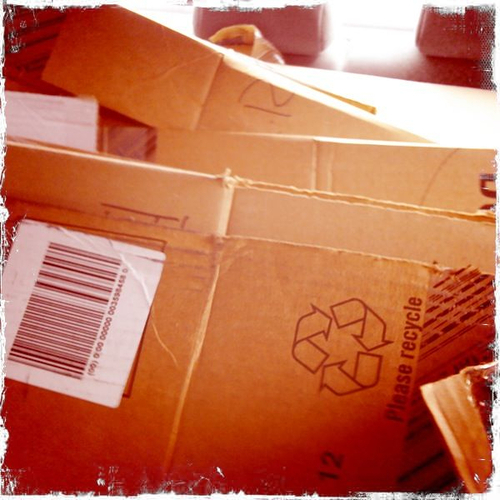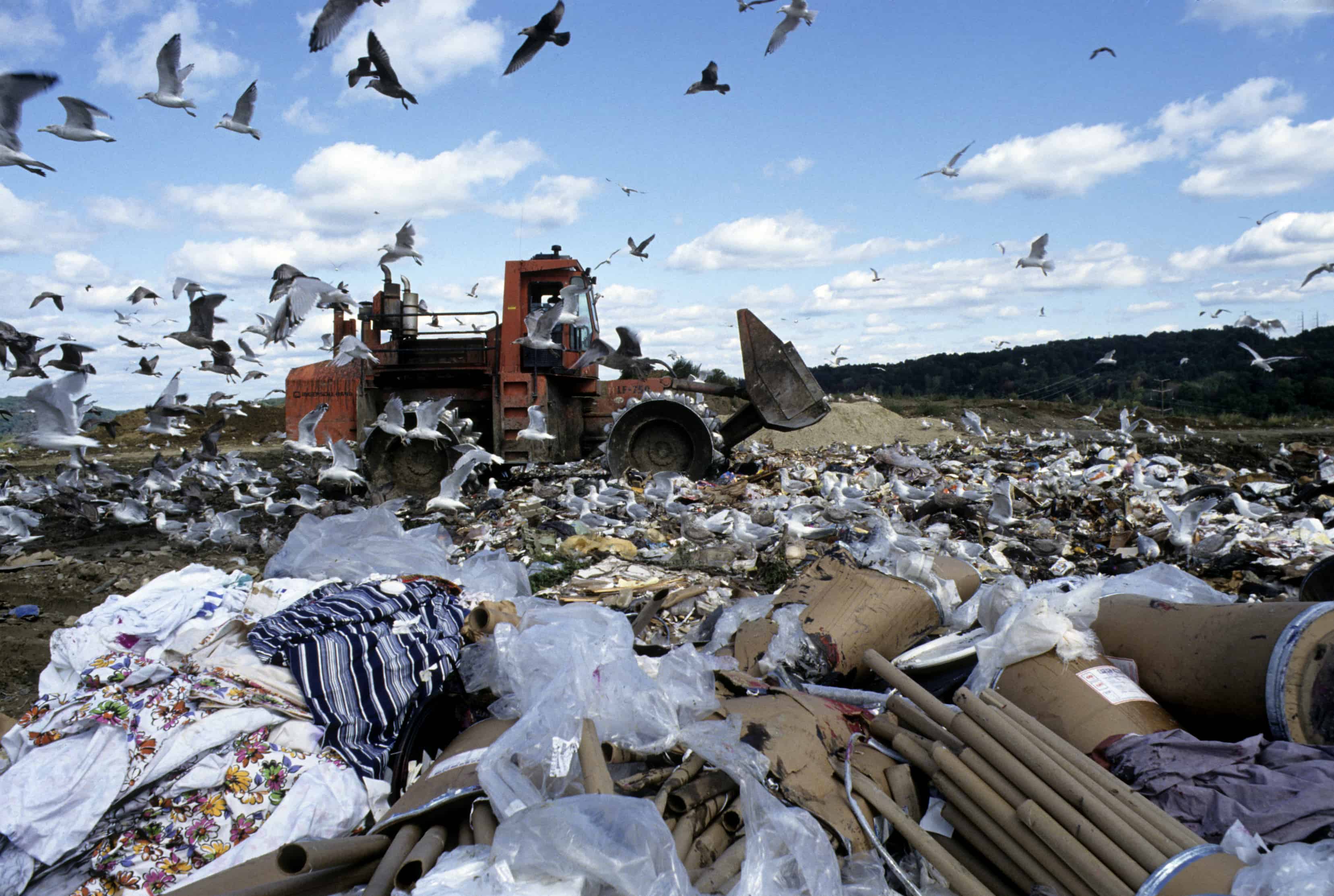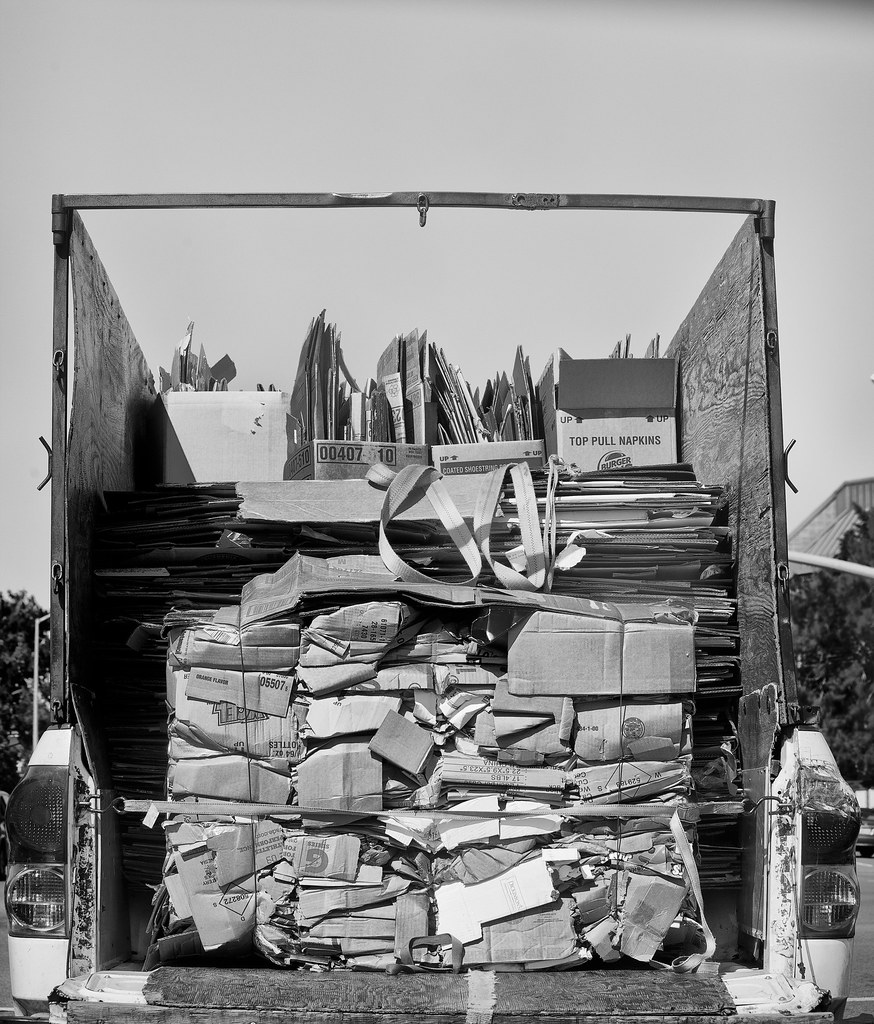A new statistic has caused a shock in the recycling world…
When recycling boxes go out on the curb for collection, you sit safe in the knowledge that they will be emptied, taken, sorted, processed and turned into something new. This is true, but not for all recycling boxes. We’ve written before about the UK councils costing the taxpayer £1.7bn by failing to agree on a uniformed national recycling system. Now the staggering figure for how much recyclable waste is being sent to landfill has been released, and it will shock you.
280,000 tonnes of recyclable waste was sent to landfill last year, not because the factories couldn’t handle the amount, no, it was because it had been labelled contaminated. This issue is being attributed to councils failing to educate their residents, over-doing it with how many different bins there are, and not having sufficient sorting after collection. The factories don’t want contaminated material; it clogs up their machines, it’s bad for business and often it doesn’t recycle well. Recycling plastic, cardboard, metal and glass should be quite straightforward, but often it’s not.
Where do we go from here?
With households seemingly unclear about which materials go in each box, it remains difficult to see how a Zero Waste UK could be a near possibility, or even an eventual possibility. The current waste target stands at 50% domestic recycling by 2020. People need clear and concise information, details that can ensure no more recyclables are being wasted.
Recycling plastic, cardboard, metal and glass shouldn’t be so hard…
The councils of Newham, Hammersmith and Fulham and Manchester City are the worst in the country, with around one fifth of all their recycling being rejecting by the reprocessing factory. Recycling plastic and glass is often hampered by food still inside the material; please remember to wash it out. Whilst most people are happy with the reliability and frequency of their bin collections, can they continue to be so careless with materials?









